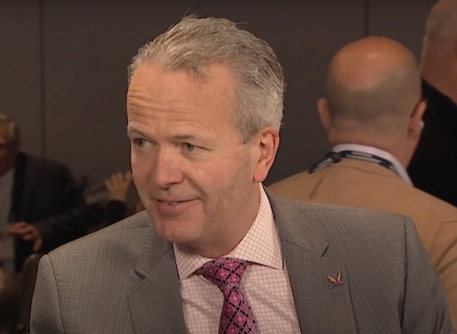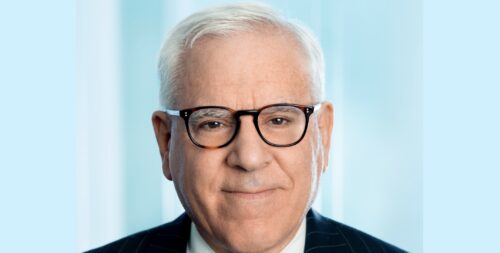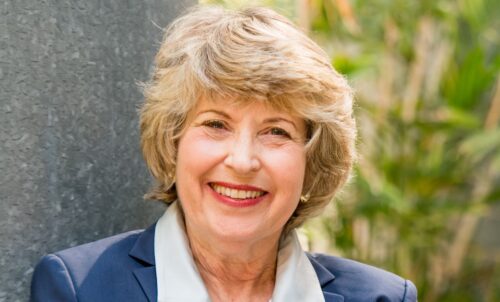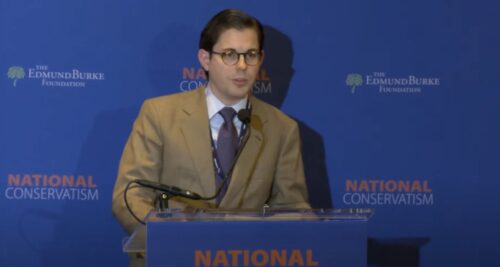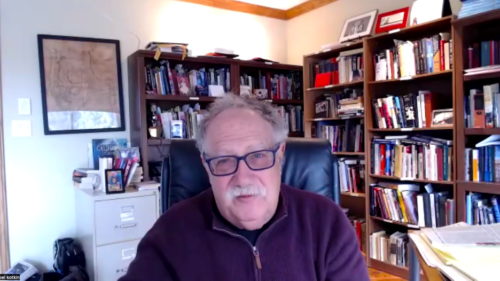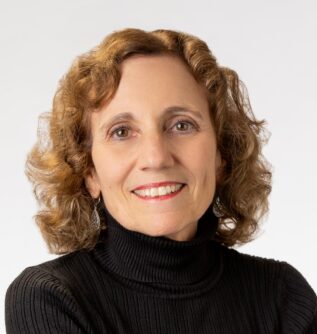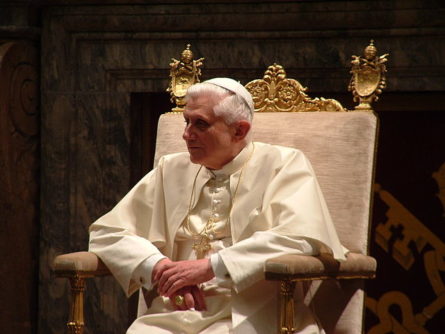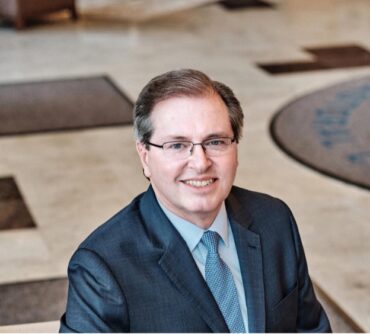The successful entrepreneur and Napa Institute founder talks to Michael E. Hartmann about his grantmaking, the importance of a focus on mission, and the continuing relevance of the work of Michael Novak.
The Carlyle Group co-founder and co-chairman talks to Daniel P. Schmidt and Michael E. Hartmann about his upcoming PBS documentary series examining the history and meaning of some of America’s iconic national symbols.
The Carlyle Group co-founder and co-chairman talks to Daniel P. Schmidt and Michael E. Hartmann about what he calls “patriotic philanthropy.”
The nationally prominent legal expert in the taxation of nonprofits talks to Michael E. Hartmann about the taxation of higher-education endowments, comparing and contrasting the rationale for it to that for taxing private-foundation endowments, and explores some tax ramifications of other, newly emerging forms of giving.
The nationally prominent legal expert in the taxation of nonprofits talks to Michael E. Hartmann about her career, the different revenue-raising and regulatory roles of the IRS, the non-revenue-related role of state attorneys general, the tax treatment of private-foundation endowments, and the challenges of following complicated IRS rules for small foundations.
The editor, author, and commentator talks to Michael E. Hartmann about his article in the “Conservatism and the Future of Tax-Incentivized Big Philanthropy” symposium.
The author and commentator talks to Michael E. Hartmann about his article in the “Conservatism and the Future of Tax-Incentivized Big Philanthropy” symposium.
The Philanthropy Roundtable’s Adam Meyerson Distinguished Fellow in Philanthropic Excellence talks to Michael E. Hartmann about her article and some of the others in the “Conservatism and the Future of Tax-Incentivized Big Philanthropy” symposium.
An excerpt from our 2020 conversation with Samuel Gregg, during which he discusses Benedict and “the civilizational challenge of our time.”
The educational administrator talks to Daniel P. Schmidt and Michael E. Hartmann about Catholic education, the importance of remaining faithful to its core mission of eternal salvation, and the educational and societal benefits of school choice.
